Are You Looking For a Physiotherapist In Cairns - Queensland?
Why Book at Proactive Physiotherapy?
Expert Care. Proven Results. Convenient Location.
When it comes to your health, you deserve the best and that’s exactly what we deliver.
At Proactive Physiotherapy, we combine clinical expertise with genuine care to provide results-driven physiotherapy that puts you first.
Our experienced team doesn’t just treat symptoms, we pride ourselves on our pain to performance approach to client care where we take the time to understand the root cause of your pain and create a personalised plan to help you move better, feel stronger and get back to what you love. Our model is relieving symptoms, restoring function and improving your long term health.
Because it's not just about living longer—it's about living well. Prioritising your health span means staying active and independent for as many years as possible.
Make your health a priority and book an appointment with one of our expert physios and take the first step towards better health.
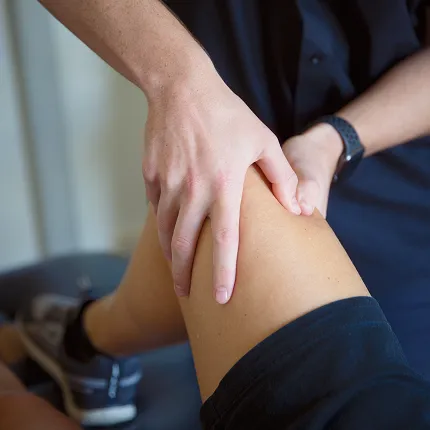
Proactive Physiotherapy was established by Julie Faulks in 1989 and has consistently provided a high standard of Physiotherapy care to the residents and professionals of Cairns, as well as the broader community.
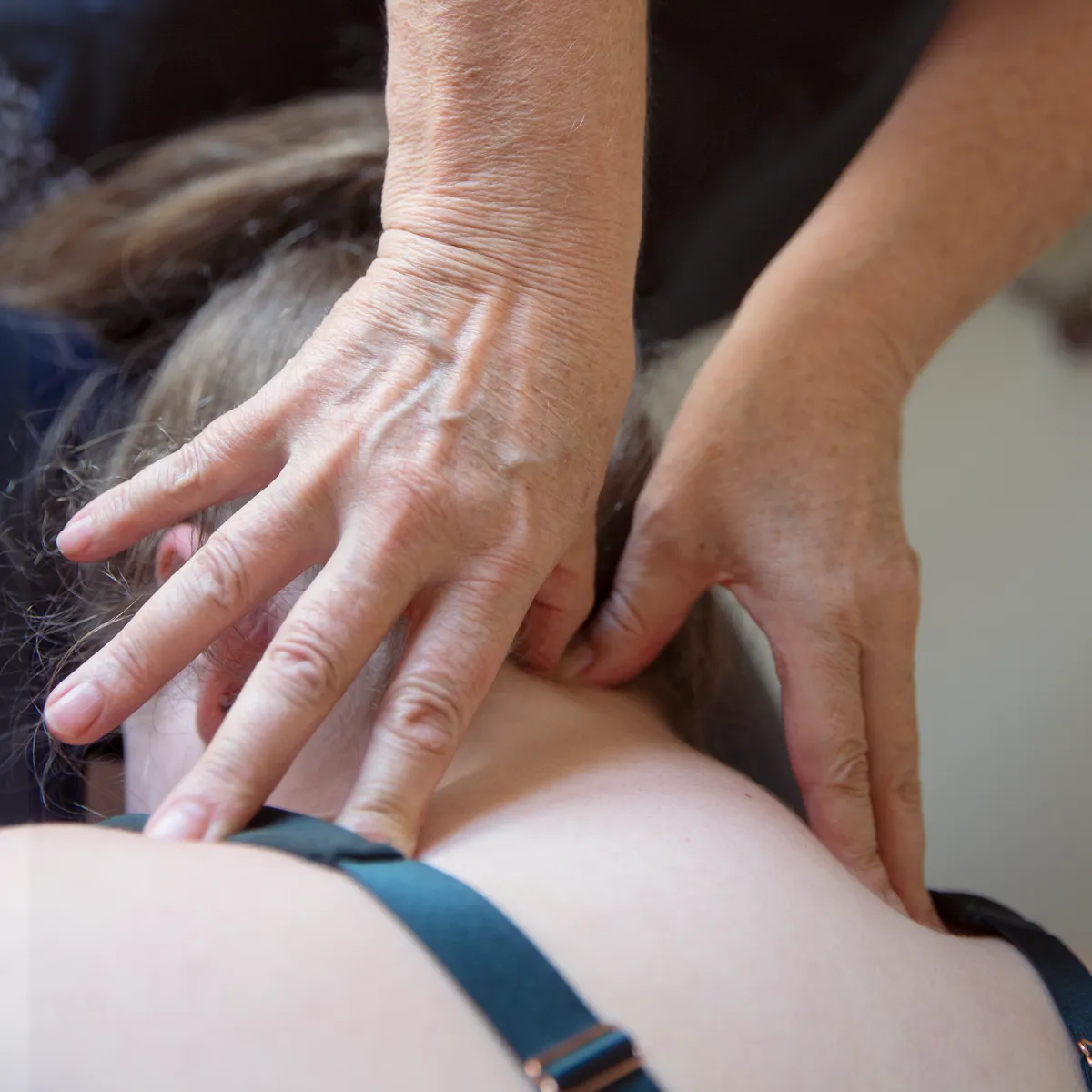
What Sets Us Apart?
Having provided services to the Cairns community for over 40 years and with over 120 years of combined experience as manual therapy and exercise physiotherapists our current team brings a depth of knowledge that few clinics can match. We've seen almost every type of injury and condition—and we know what works.
We have a dedicated headache and migraine clinic,(CHMC) with level 1, 2 and 3 practitioners using the Watson technique.
We have a dedicated pelvic health and continence clinic (CPHC) with 4 pelvic health physios providing services for men, women and children.
Confused about your pain and not sure what to do?
Get clear, professional advice in our free downloadable information packs
Back Pain
Understand why back pain happens and how to help it
Shoulder Pain
Understand why shoulder pain happens and how to help it
Knee Pain
Understand why knee pain happens and how to help it
How Can We Help?
At Proactive Physiotherapy we treat a wide range of conditions from everyday aches to complex injuries. Whether you're dealing with a recent injury or something that’s been nagging you for a while, our experienced physiotherapists can help you understand the cause and work towards lasting relief.
We commonly help clients with:
Back pain – from stiffness and postural strain to disc injuries and sciatica
Neck pain & headaches – including tension, whiplash and desk-related strain
Shoulder pain – such as rotator cuff issues, bursitis and frozen shoulder
Knee pain – from ligament injuries and arthritis to patellofemoral pain
Hip & pelvic pain – affecting movement, stability or sleep
Ankle & foot problems – including sprains, Achilles issues and plantar fasciitis
Post-surgical recovery – regain strength and mobility after orthopaedic surgery
Sports injuries – from sprains and strains to overuse injuries
Balance and dizziness issues – including BPPV and vestibular dysfunction
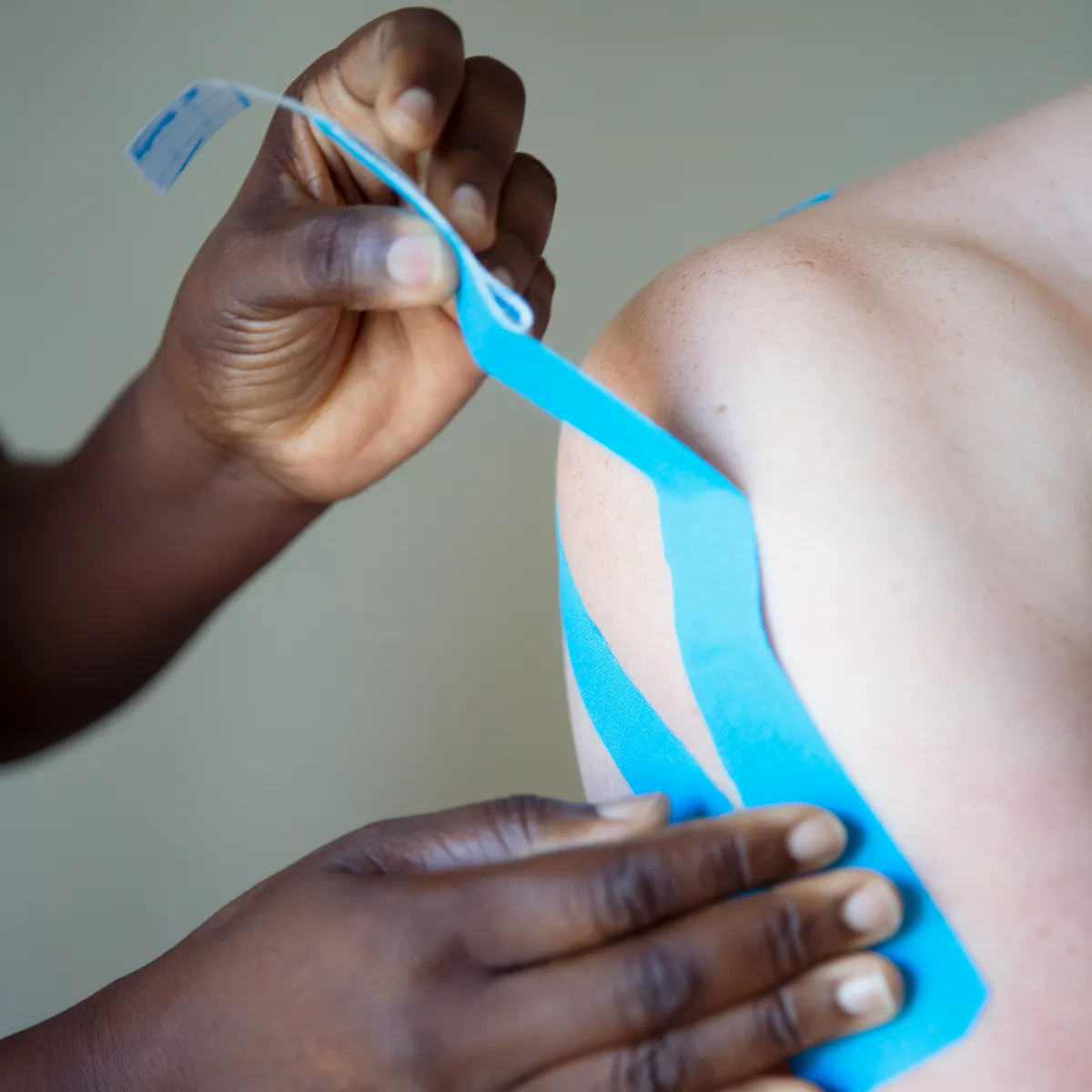
Cairns Pelvic Health Clinic

Centre of Excellence for Women's and Men's Pelvic Health and Continence.
Cairns Headache and Migraine Clinic

For the assessment and treatment of headaches, migraines and their related symptoms.
Contact us today to speak with our friendly team and find out how we can help you feel your best
Latest Tips and Advice
When Falling Isn’t Just Clumsiness: Why Some Kids Struggle to Run
Every parent expects a few tumbles as their child learns to walk and run. But if your little one keeps tripping, falling, or avoiding running altogether, it might leave you wondering: is this normal, or is something else going on?
Why Does My Child Keep Tripping When They Run?
If your little one keeps tripping, falling, or looking a bit awkward when they run, you might be wondering if it’s just clumsiness or something more?
The short answer is: No, it’s not usually normal for children to keep falling when they run – especially once they’re past the toddler stage.
Most kids start running between 18–24 months (around six months after learning to walk). By age 3–4, running usually becomes faster and smoother, and by 5–6, kids can stop quickly, dodge around others, and run with purpose during games.
So, if your child is still struggling, it’s worth taking a closer look.
What Children Need to Run Well
Running may look simple, but it takes a lot of different skills working together:
• Balance and coordination – shifting weight smoothly from one leg to the other.
• Strength – strong muscles in the legs, hips, and core to power movement.
• Motor planning – the brain telling the body exactly what to do and when.
• Joint stability – to absorb impact and prevent wobbly ankles or knees.
• Endurance – to keep going without getting too tired too quickly.
Why Some Kids Struggle with Running
There are several reasons children might find running tricky:
• Low muscle tone – kids may tire quickly or lack stability.
• Developmental delays – if crawling or walking were later milestones, running might also take longer.
• Coordination challenges – some kids have trouble sequencing movements or controlling speed and direction.
• Musculoskeletal factors – flat feet, toe walking, knock knees, hypermobile joints, or leg length differences can affect how they run.
• Neurological conditions – such as cerebral palsy, autism, or certain genetic conditions, which can impact coordination and balance.
• Less practice – children who spend less time in active play (and more time on screens) may not naturally develop running skills as easily.
How Physiotherapists Assess Running
If you bring your child to a paediatric physiotherapist, they’ll look at:
• How your child runs (their gait and overall movement).
• Muscle tone, joint flexibility, strength, and reflexes.
• Balance, coordination, and other gross motor skills.
• Whether issues like hypermobility or low muscle tone are playing a role.
When to Seek Help
You don’t need to panic, but it’s a good idea to see a physiotherapist if:
• Your child isn’t running by 2.5 years old.
• They fall or trip often or avoid running and playground games.
• Their running looks unusual (arms not moving, very high steps, wobbly ankles).
• They tire quickly, puff easily, or refuse to run.
The Good News: Early Help Works
The earlier your child gets the right support, the better. A physiotherapist can figure out what’s behind the problem and give you practical advice and exercises to help your child run with more confidence and less frustration.
At Proactive Physiotherapy, our paediatric physiotherapist loves working with kids and families to turn “clumsy running” into confident movement. With the right guidance, most children can make huge progress and get back to enjoying games and play without the constant falls.
Call us on 07 4053 6222 or book online to see how we can help.
We’re proud to be connected with trusted professional affiliations and community partners
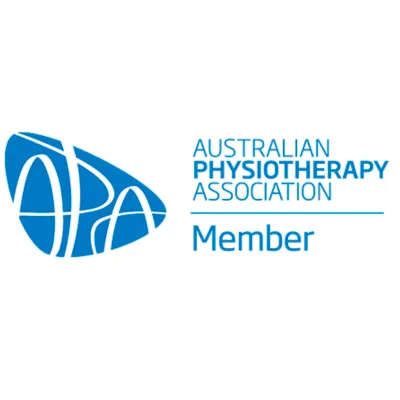



Proactive Physiotherapy is powered by Vitala Health, a group of Allied Health Practices across New Zealand and Australia.
Vitala Health provides clinical solutions that supports clients health and lifestyle needs through best practice treatment, premium facilities, education and ongoing commitment to customer service. Learn more about Vitala Health
If you have any questions before scheduling an appointment or for general enquiries, please contact us. Our team will promptly reach out to assist you.
Opening Hours
Mon: 8:00am - 6:00pm
Tue: 8:00am - 6:00pm
Wed: 8:00am - 6:00pm
Thu: 8:00am - 6:00pm
Fri: 8:00am - 6:00pm
Sat: Closed
Sun: Closed
Our clinic will operate with adjusted hours over the Christmas and New Year period.
Wed 24th Dec: 8.00am- 1pm
Thu 25th Dec: CLOSED
Fri 26th: CLOSED
Sat 27th: CLOSED
Sun 28th: CLOSED
Mon 29th Dec: 1:00pm - 6:00pm
Tue 30th Dec : 8:00am - 6:00pm
Wed 31st Dec: 8:00am - 6:00pm
Thu 1st Jan: CLOSED
Fri 2nd Jan: 8:00am - 6:00pm
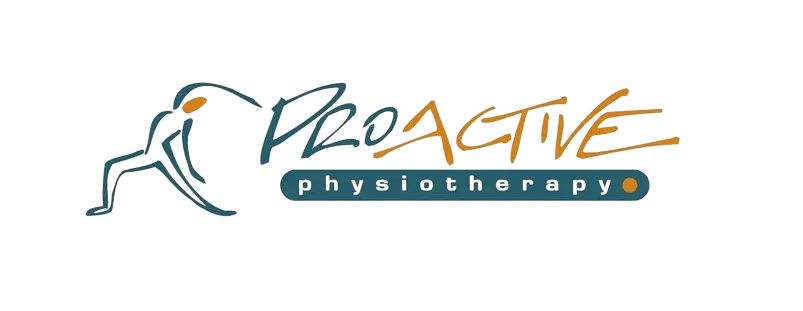

Follow Us
The Clinic
Common conditions
© Copyright 2025. Vitala Health. All rights reserved.

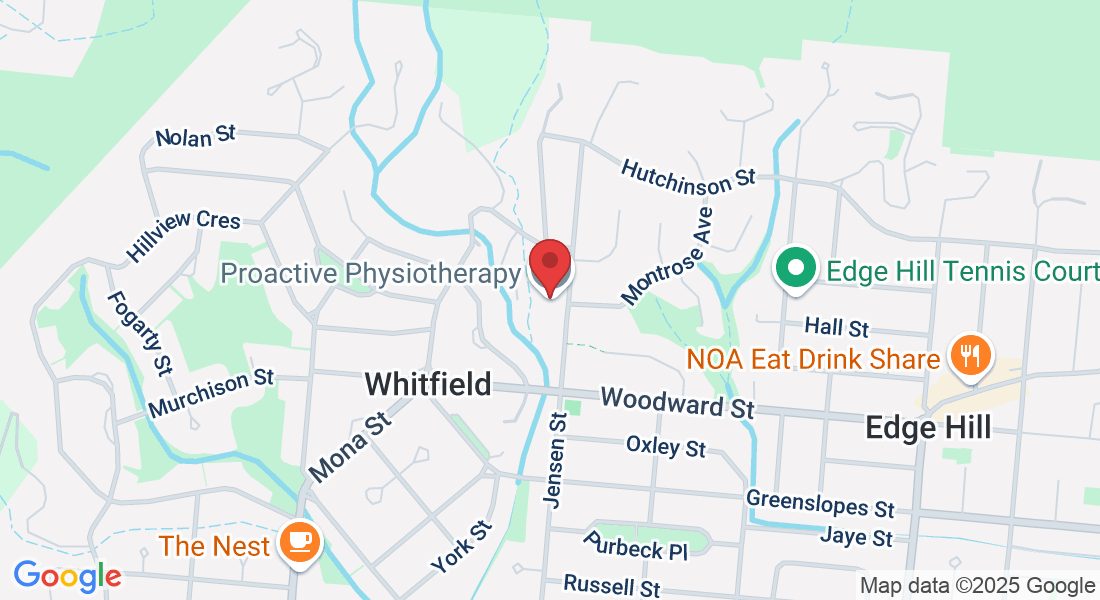
Facebook
Instagram
LinkedIn